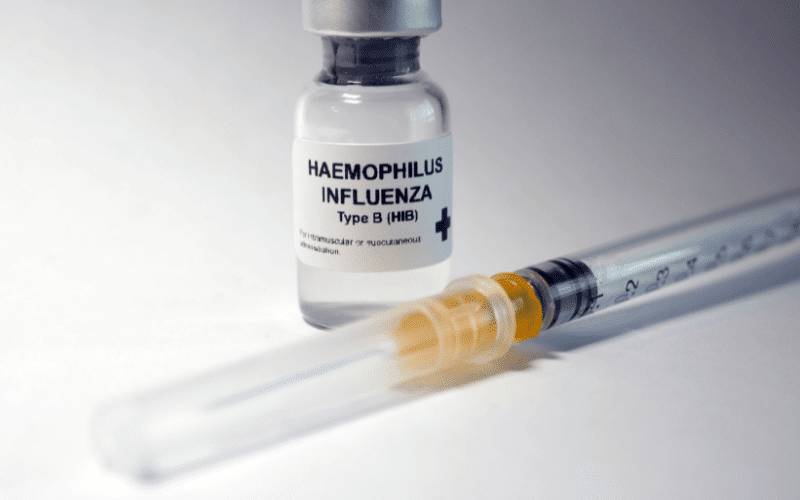Fact 5: Vaccination Status

Preventive measures significantly impact the prognosis of meningitis, with vaccination standing at the forefront. Vaccines play an essential role in preventing many types of infectious diseases, and meningitis is no exception. They stimulate the body’s immune system to recognize and fight off specific bacteria or viruses, reducing the risk of subsequent infections.
There are several effective vaccines available that protect against the most common types of bacteria causing bacterial meningitis. For instance, Haemophilus influenzae type b (Hib) vaccine, Pneumococcal Conjugate Vaccine (PCV13), Pneumococcal Polysaccharide Vaccine (PPSV23), and Meningococcal vaccines all play critical roles in preventing bacterial meningitis. These vaccines target the specific strains of bacteria most commonly associated with the disease, forming an essential line of defense.
Even in cases where individuals, despite being vaccinated, contract meningitis, the disease course is often less severe. The immune response elicited by the vaccine can help to mitigate the intensity of the infection. As a result, vaccinated individuals generally have a better prognosis compared to those who are unvaccinated, as their disease is less severe and they respond better to treatment.
While it’s true that there isn’t a vaccine for all types of viral meningitis, vaccines for mumps, measles, and rubella can protect against viral meningitis caused by these pathogens. Additionally, the vaccines for influenza, hepatitis, and chickenpox can also provide indirect protection against some forms of viral meningitis, by preventing the primary diseases that might lead to meningitis as a secondary complication.
Staying up-to-date with vaccinations is crucial in the fight against meningitis. For children, following the recommended vaccine schedule provides early protection against potential pathogens. For adults, booster shots and additional vaccines, like the ones for pneumococcal bacteria and meningococcal bacteria, are vital, especially for those at increased risk due to health conditions or travel to certain regions. Through vaccination, not only is the risk of contracting meningitis significantly reduced, but the prognosis in cases of infection is greatly improved. (5)